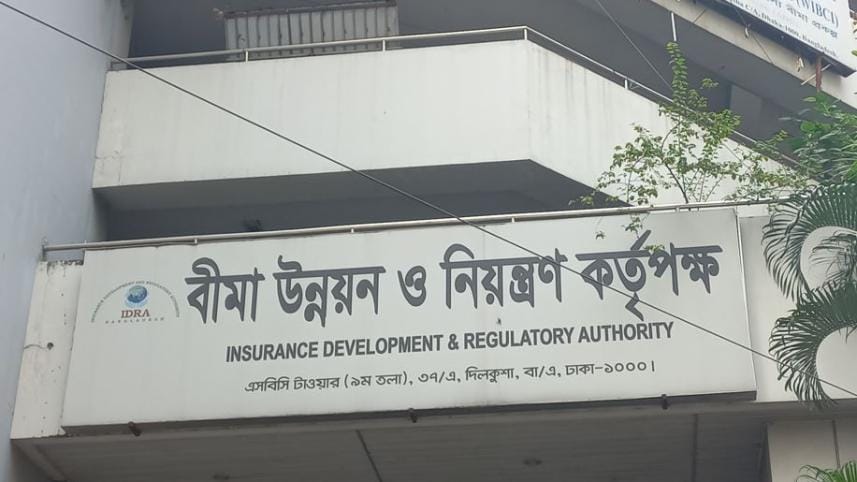IDRA seeks govt support for insurance coverage expansion

The Insurance Development and Regulatory Authority (IDRA) has sought cooperation from ministries and public entities to expand insurance coverage for citizens and properties to reduce the risks of damage and losses.
In a letter sent to the Financial Institutions Division on February 15, the insurance regulator requested for arranging an inter-ministerial meeting in this regard.
Currently, insurance penetration stands at less than 1 percent of the population of around 170 million.
The National Insurance Policy 2014 informs of the economic and social benefits of insuring life, health, education, factories, residential and office buildings, agriculture, fisheries and livestock, and others, the letter said.
The letter highlighted the necessity of insurance in meeting rising healthcare costs and ensuring compensation for vehicle drivers involved in road crashes and for farmers and public infrastructure faced with natural disasters.
It is also useful in covering the education expenses of dependents in case of deaths of earning family members alongside loss or damage to archaeological artefacts, pictures, sculptures etc, it said.
The regulator also believes insurance must be made mandatory for people working in high-risk environments.
The IDRA advocated for government subsidies to help financially insolvent people, such as rickshaw pullers, to pay premiums.
Currently, there are 35 life insurance and 46 non-life insurance companies in Bangladesh.
However, people have little confidence in the sector, industry insiders said.
This is due to difficulties over timely settlement of claims, absence of proper customer service, including agents holding back information, a lack of awareness among the population and insurance products not being attuned to socioeconomic realities.
According to the latest IDRA data, payments against claims of around 10 lakh policyholders are hanging in the balance for a liquidity crisis plaguing 29 life insurers.
The unsettled claims amount to Tk 3,050 crore in the four years to the second quarter of 2023.



 For all latest news, follow The Daily Star's Google News channel.
For all latest news, follow The Daily Star's Google News channel.
Comments